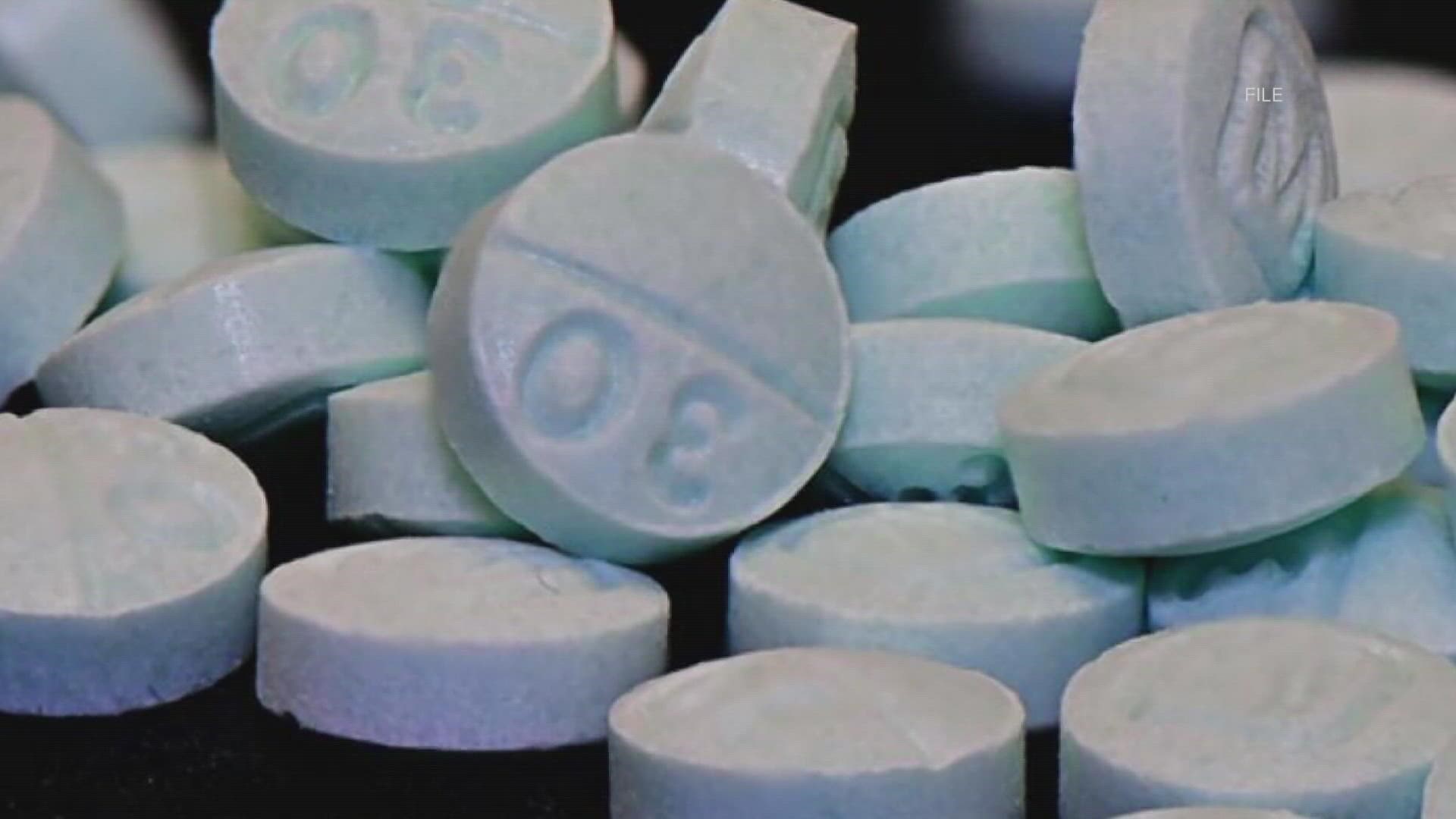SEATTLE — Half a billion dollars received under a settlement with three opioid distributors must be used for prevention, treatment and recovery.
Washington Attorney General Bob Ferguson announced the completion of the $518 million settlement Monday, along with guidance on how the money can be used and how much cities and counties will receive.
“This money will help prevent the next victim of the opioid epidemic because we know there are not enough resources for the work we need to do on prevention and treatment and so many other issues,” Ferguson said.
Washington went to trial against McKesson Corp., Cardinal Health Inc. and AmerisourceBergen Drug Corp. in November 2021 after Ferguson accused the companies of not stopping suspicious opioid shipments to Washington state or reporting them as required by law. The settlement came after a six-month trial.
Under the agreement, local governments will receive $215 million, and the state will receive $215 million. Ferguson said he would also direct $46 million in legal reimbursement to fight the opioid epidemic.
The five counties that will receive the largest amount of money are King County ($56 million), Pierce County ($25.9 million), Snohomish County ($25.4 million), Spokane County ($19.1 million) and Clark County ($14.6 million).
Seattle will receive $14.2 million, which is the largest amount of any individual municipal government. Tacoma will receive the second largest amount at $7.1 million, followed by Spokane with $6.6 million and Everett at $4.1 million
A complete breakdown of how much money each county and municipal government will get can be found here.
Local jurisdictions divided up the money themselves using a formula that included opioid shipments to the communities, how many people have died from opioids and how many people are currently suffering from opioid use disorder, according to Ferguson.
The funds must be used in approved ways, which include improving and expanding treatment, supporting people in recovery by providing wrap-around services like housing, transportation and education, addressing the needs of pregnant women, focusing on youth-focused programs, increasing the availability of the overdose medication naloxone, enhancing the prescription drug monitoring program and supporting first responders.
Cities must report how they are spending the money, Ferguson said.
More than $476 million from the settlement must be used to fight the opioid epidemic.
The payments will be spread out over 17 years, although Ferguson said the funds would be frontloaded to get money flowing quickly. The first and largest payment of $55 million will be made Dec. 1.
Washington is involved in additional litigation over the opioid epidemic. In March, Ferguson announced Washington will receive $183 million in a settlement with Purdue Pharma for its role in the opioid epidemic. Washington also sued opioid manufacturer Johnson & Johnson; that case was expected to go to trial in September.

